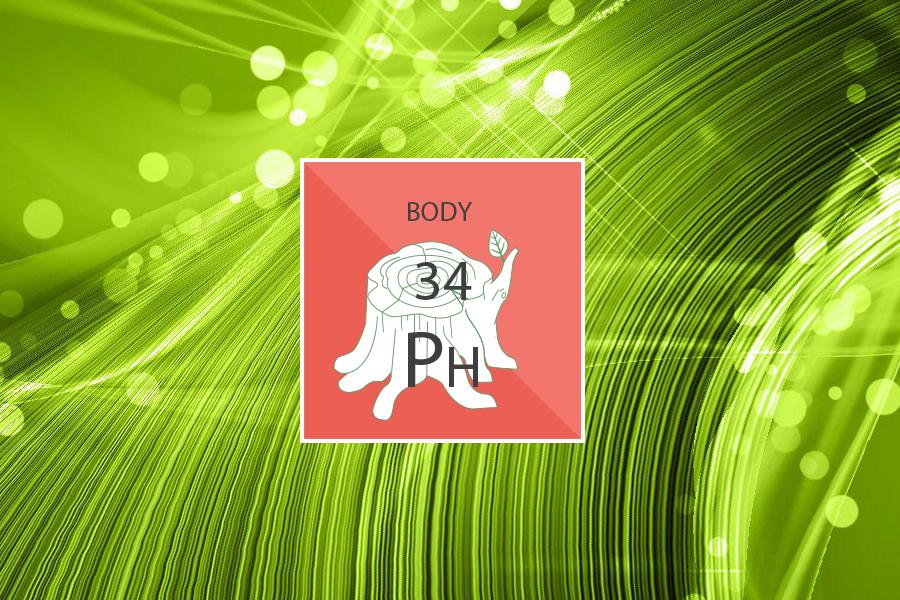 Physical Toughness – I am physically tough
Physical Toughness – I am physically tough
A person who is flexible can become a gymnast; a person with strength can become a bodybuilder; a person with stamina can become a runner. Get to know your body and how it can help you in your career.
Introduction
A person who is flexible can become a gymnast; a person with strength can become a bodybuilder; a person with stamina can become a runner. Get to know your body and how it can help you in your career. Physical toughness also refers to the ability and desire to keep moving even when you are tired of dealing with pain. Physical toughness affects mental toughness, and the two concepts are intertwined. If you are physically tired, your performance will not be at your highest. Being physically tough is working to keep your body at the pace that your mind sets. While working to be physically and mentally tough, we must always remember to practice the art of self care.
Benefits of physical toughness
1. Being physically tough combats health conditions and diseases.
2. It improves your immunity.
3. You feel more joyous.
4. It boosts your energy levels.
5. Promotes better relaxation and sleep.
Skill example
I work with the body I have, to be as physically tough as I can be. I focus on core exercises to keep my posture correct and also walk five times a week to keep my body active.
Justin's story
Justin was twenty-five years old and worked in construction. He appreciated hard work and didn't shy away from additional responsibilities. Justin had suffered several setbacks in life after losing his father at a young age. He started working odd jobs at fourteen to assist his mother with household expenses. Justin did not get a bursary to study further but saw this an opportunity to earn and learn instead.
He committed his time to learn additional skills and became a trusted employee. Justin was a keen athlete, as well. He didn’t play the sport professionally, but he loved the way rigorous exercise made him feel. He played soccer to release the day's tensions and went for long swims on the beach. Justin enjoyed the outdoor sport, as he felt it was more therapeutic and cheaper than joining a gym. Justin felt that if he was physically strong, he could withstand the mental strain, and his body would be more resilient to illness.
How to build your physical toughness
Building physical toughness takes time and effort, but it is achievable with consistent practice and dedication. Here are some tips to help you build your physical toughness:
- Start slowly and build gradually: If you are new to exercise or physical activity, start slowly and gradually increase the intensity and duration of your workouts over time.
- Set achievable goals: Set realistic and achievable goals that align with your fitness level and priorities. This can help you stay motivated and track your progress.
- Mix up your workouts: Incorporate a variety of workouts and activities to challenge your body and prevent boredom. This can include strength training, cardio exercises, yoga, and other types of physical activity.
- Focus on form and technique: Proper form and technique are essential to preventing injuries and getting the most out of your workouts. Make sure you are using the correct form and technique for each exercise.
- Push yourself out of your comfort zone: To build physical toughness, you need to push yourself beyond your limits. This can be challenging, but it can also be rewarding and help you grow stronger.
- Embrace discomfort: Physical toughness requires you to embrace discomfort and push through pain and fatigue. This means learning to manage your mental and emotional responses to physical stress and discomfort.
- Get enough rest and recovery: Rest and recovery are essential for building physical toughness. Make sure you are getting enough sleep, taking rest days, and giving your body time to recover between workouts.
- Fuel your body with healthy foods: Eating a balanced and nutritious diet is essential for building physical toughness. Make sure you are fueling your body with healthy foods that provide the nutrients it needs to perform at its best.
- Stay hydrated: Staying hydrated is essential for maintaining physical toughness. Make sure you are drinking enough water before, during, and after your workouts.
- Stay consistent: Building physical toughness takes time and consistency. Make exercise and physical activity a regular part of your routine and stick with it.
Remember to listen to your body and be patient with yourself as you work towards building physical toughness. With consistent practice and dedication, you can achieve your fitness goals and become physically tougher.

Physical Toughness
I am physically tough
A person who is flexible can become a gymnast; a person with strength can become a body builder; a person with stamina can become a runner. Get to know your body and how it can help you in your work.